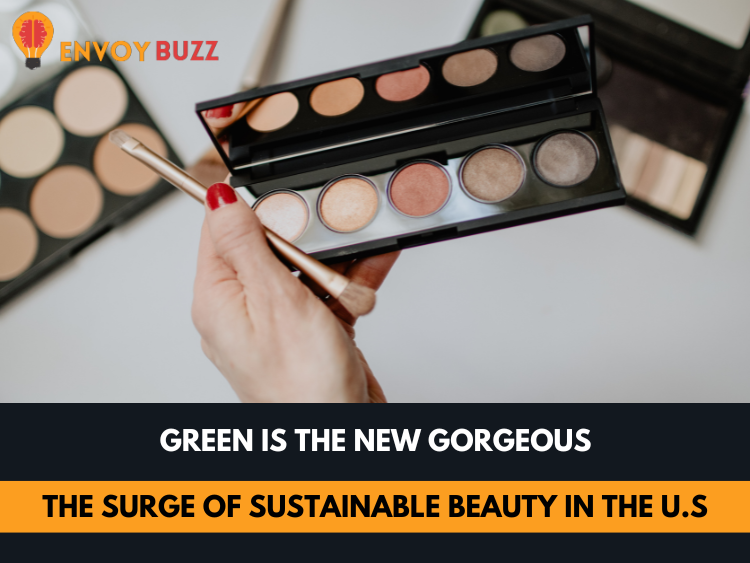Sustainability has become a buzzword in the beauty industry, transcending traditional notions of clean beauty. In a recent report by NielsenIQ , it was revealed that U.S. consumers are increasingly prioritizing sustainable products. While the definition of sustainability may vary among individuals, it is undeniably gaining prominence in the decision-making process of beauty and personal care buyers.
When we talk about sustainability, it’s essential to understand the multifaceted meanings it holds for different people. For some, it involves small, daily actions like using reusable bags or limiting water consumption, while for others, it means supporting fair trade brands. The majority, however, associate sustainability more with its environmental impact than with social causes. According to NielsenIQ, 61% of U.S. consumers link sustainability with benefiting the planet, 57% with preserving natural resources, and 54% with reducing pollution. Surprisingly, only 33% associate it with better conditions for workers and 26% with societal contributions.
Despite the varying definitions, there’s a unanimous acknowledgment among consumers that sustainability is now more critical than ever. A staggering 62% state that sustainability has become more important to them in the last two years. This increasing awareness is not just headline fodder; it’s translating into tangible purchasing actions.
“Initially focused on eliminating perceived ’harmful’ ingredients, consumers now seek products that not only meet clean Beauty standards but also minimize environmental impact,” explained NielsenIQ.
Market trends reflect this shift. Sustainable segments across beauty are experiencing substantial dollar growth. Compostable products are on the rise with a growth rate of 30.9%, cruelty-free products are up by 18.1%, and plastic-free products have seen a 12.2% increase. This data suggests a transition from clean beauty 1.0, characterized by claims like ‘paraben-free’ or ‘sulfate-free,’ towards a more comprehensive and sustainable approach.
A notable aspect of this transition is the increasing attention to packaging waste. There has been a significant 64% surge in searches for refillable options. Consumers are sending a clear message – sustainability matters to them. This trend is not expected to fade away; instead, it is poised to continue shaping the beauty category.
NielsenIQ concludes that “Consumers are letting us know that sustainability is important to them, and it is a trend we can expect to continue to see in the beauty category. Brands must communicate clear messages about their sustainability efforts to cater to consumers seeking products that align with their sustainability goals,”
Brands in the beauty industry need to recognize this paradigm shift and communicate clear messages about their sustainability efforts. It’s not just about having sustainable products; it’s about letting consumers know about them. Transparency is key in catering to a consumer base increasingly seeking products aligned with their sustainability goals.
For more blogs, please visit Envoybuzz

